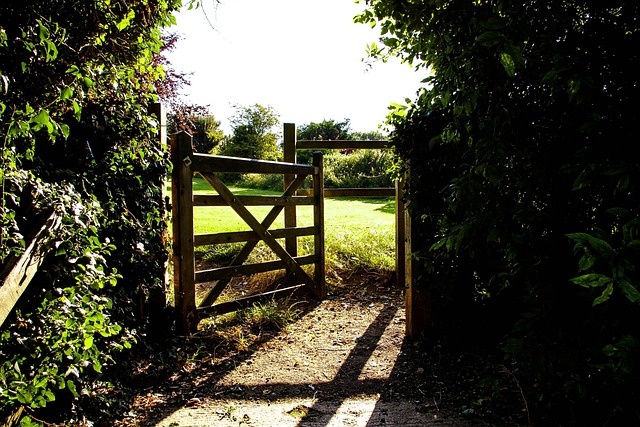Eco-conscious homeowners can manage yard waste through composting organic materials like grass clippings and leaves, reducing landfill waste and methane emissions. Proper disposal of non-recyclable items such as plastic pots and broken tools is crucial to avoid environmental degradation. Implementing a "no trash" lawn care policy, using mulching mowers, and checking local recycling programs for non-organic materials are key strategies in effective Yard Waste Removal and Recycling practices.
Keeping your garden pristine can be a challenge for busy homeowners. This article provides practical solutions to efficient yard waste management. We’ll delve into the composition of common garden materials, offering insights on their environmental impact. Additionally, discover effective strategies for reduction at home, along with recycling and disposal options for a wide range of garden materials. Implement these tips to streamline yard waste removal and contribute to a greener environment.
- Understanding Yard Waste Composition and Its Impact
- Efficient Strategies for Yard Waste Reduction at Home
- Recycling and Disposal Options for Common Garden Materials
Understanding Yard Waste Composition and Its Impact

Yard waste removal and recycling is a crucial aspect of responsible gardening for busy homeowners. Understanding the composition of yard waste is the first step to effective management. Typically, this includes organic materials such as grass clippings, leaves, and garden trimmings, which can be recycled back into the soil through composting. However, it also involves managing non-recyclable items like plastic pots, broken tools, and treated wood, which require proper disposal to prevent environmental contamination.
The impact of poor yard waste management is significant. Unmanaged organic debris can contribute to water pollution when it ends up in landfills, as decomposing materials release methane, a potent greenhouse gas. By adopting practices such as composting at home or using local recycling programs, homeowners can reduce their environmental footprint and create a more sustainable gardening routine.
Efficient Strategies for Yard Waste Reduction at Home

Busy homeowners often find yard waste management a challenging task, but efficient strategies can make it manageable. One effective approach is to embrace composting, which reduces organic waste sent to landfills and provides nutrient-rich soil for gardening. Start by collecting kitchen scraps and yard trimmings in a dedicated compost bin or tumbler, ensuring proper balance of green and brown materials for optimal decomposition.
Additionally, consider implementing a “no trash” policy for your lawn care. Instead of bagging grass clippings, leave them on the lawn to decompose naturally, enriching the soil and providing a free source of nitrogen. Similarly, opt for mulching mowers to chop leaves into small pieces that can be left on the ground or used as mulch, saving time and resources on yard waste removal while promoting a healthier landscape through recycling organic materials.
Recycling and Disposal Options for Common Garden Materials

Many common garden materials can be recycled or disposed of responsibly, offering eco-friendly alternatives to traditional yard waste removal. Organic matter such as grass clippings, leaves, and plant trimmings can be composted, enriching soil and providing a nutrient-rich resource for gardening. This reduces the amount of waste sent to landfills, where it contributes to methane emissions.
For non-organic materials like plastic pots, broken tools, and metal hardware, proper disposal methods are essential. Check local guidelines for recycling programs that accept these items, ensuring they are cleaned and prepared appropriately. Alternatively, consider upcycling or donating usable items to extend their lifespan and reduce waste generation.
For busy homeowners, efficient garden waste management is essential for a sustainable lifestyle. By understanding yard waste composition and adopting reduction strategies, you can significantly minimize your environmental impact. Explore recycling and disposal options tailored for common garden materials to ensure proper yard waste removal and contribute to a greener future. Implement these practices, and you’ll not only keep your garden tidy but also make a positive difference in the environment.














